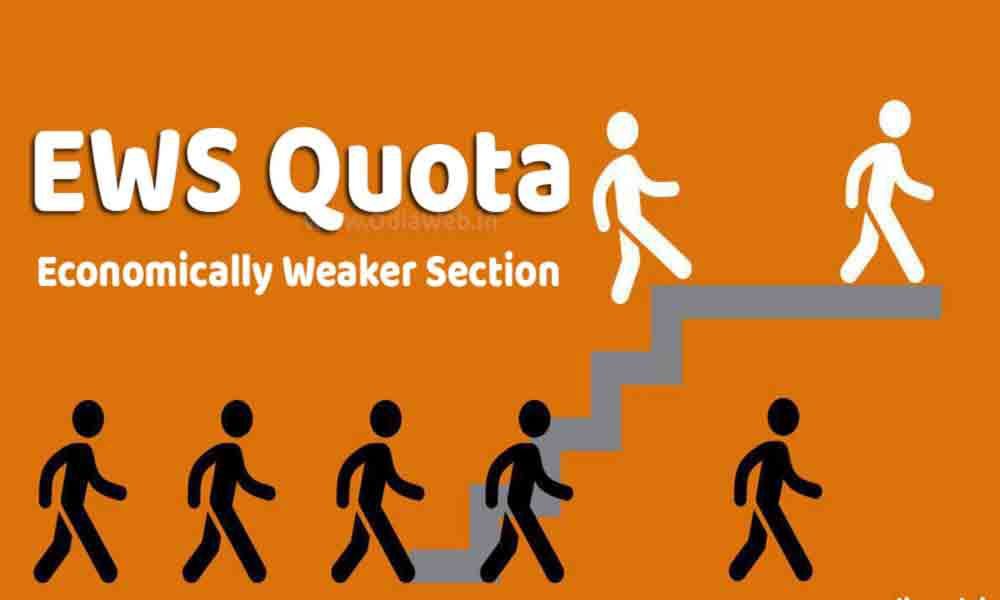Delhi High Court Sets Aside Orders, Remands EWS/DG Admission Exemption Dispute for Fresh Consideration
Case Name: Apeejay School, Sheikh Sarai v. Directorate of Education
Case No.: W.P.(C) 6747/2024
Dated: May 10, 2024
Quorum: Justice C Hari Shankar
FACTS OF THE CASE:
The facys of the case are so that the first prayer asks the Directorate of Education (DoE) to rule on the petitioner-school’s application, dated 25 April 2024, which requests a waiver from the school’s admission of EWS/DG/CWSN category students in proportion to the number of general category students it actually admitted during the academic year 2024–2025. The deadline for these decisions is May 15, 2024.
No one disputes that the Department of Education (DoE) uploaded the seat matrix, covering the cover of Circular dated January 17, 2024, on its website. This matrix shows the number of general category students (EWS, DG, CWSN, and other similar categories) that the schools would have to admit during the academic year 2024–2025. Schools who wanted to contest the numbers in the annexures to the aforementioned circular could do so within a week by presenting documentation.
Within the time frame specified in the circular, the petitioner filed a representation on January 23, 2024, asking for a decrease in the number of EWS/DG/CWSN seats that the petitioner was obligated to fill for the 2024–2025 academic year.
CONTENTIONS OF THE PETITIONER:
The DoE’s learned Standing Counsel, Mr. Santosh Kumar Tripathi, submits that the representation in question has been taken into consideration, and that some reductions have been made in the number of EWS/DG/CWSN and the students the petitioner would have to admit in different classes. As a result, the figure has been brought down below what the DoE had uploaded in accordance with the circular dated January 17, 2024.
Additionally, after taking into account any claims made by the schools, he has distributed the most recent tabulated data pertaining to each institution around the Bar. On the final hearing date, Mr. Sanjeev Ralli, the Apeejay School’s senior counsel, raised concerns about the maintainability of the WP(C) 12305/2019. He argued that since the DoE lacks the authority to set fees, the prayer, which expressly requests that the DoE set the Respondent 1 school’s fees, could not be approved.
According to Mr. Jha, the DoE is expressly authorised by the aforementioned decision to set the fees for accredited unaided schools. He argues that this paragraph serves as the foundation for his request in prayer for guidance from the DoE about Respondent 1 school’s costs.
CONTENTIONS OF THE RESPONDENTS:
For the petitioner, Mr. Kamal Gupta, an experienced attorney, argues that his client was not sent a separate order conveying the conclusion. However, it would be impractical to expect the DoE to express specific orders on each representation for a reduction of seats received from a school below the levels specified in the seat matrix, given the size of the task that the DoE is faced with each year at this time.
The respondents assert that the updated data for every school was posted to the DoE’s MIS site. He additionally agrees to give Mr. Gupta a copy of the pertinent portion of the data during the day, to the extent that they relate to the petitioner-school.
The respondents further argue that prayer (A) in the current petition is unaffected by the decision regarding the aforementioned representation. He argues that the question of how many seats are allocable to that specific school is distinct from the right of EWS/DG/CWSN candidates to request an exemption from having to fill up to 25% of the seats at the entrance level. He claims that the submission dated April 25, 2024, is one that requests an exception, which may be chosen once the admissions have been made.
COURT’S ANALYSIS AND JUDGMENT:
the Coordinate Bench in Rameshwar Jha, to which Mr. Gupta himself drew my attention, issued comprehensive directions regarding the manner in which the EWS/DG/CWSN seats are to be filled by the schools. The court noted that these directions are detailed and exhaustive, taking into account practically the entire law on the subject and taking into account all circulars issued by the DoE, in particular the interim order passed in Action Committee Recognised Private Schools.
According to the court, each student has a unique right to request an exemption. If a student is recommended and informed that they will be admitted to the school under the “weaker section” quota, they have one week to file an application for an exemption. The reason the school is unable to admit that specific student must be stated on the application.
Therefore, it is inadmissible that the petitioner-school was authorised to submit the submission dated April 25, 2024, which requests an exemption. The representation appears in paragraph 123 of the Rameshwar Jha ruling, in the teeth of instruction (c). Any suggestion that the school could be permitted to favour would have to be made within a week of the student in question—who the school was having trouble admitting—being notified of their admission.
“PRIME LEGAL is a full-service law firm that has won a National Award and has more than 20 years of experience in an array of sectors and practice areas. Prime legal fall into a category of best law firm, best lawyer, best family lawyer, best divorce lawyer, best divorce law firm, best criminal lawyer, best criminal law firm, best consumer lawyer, best civil lawyer.”
Judgment reviewed by Riddhi S Bhora.



